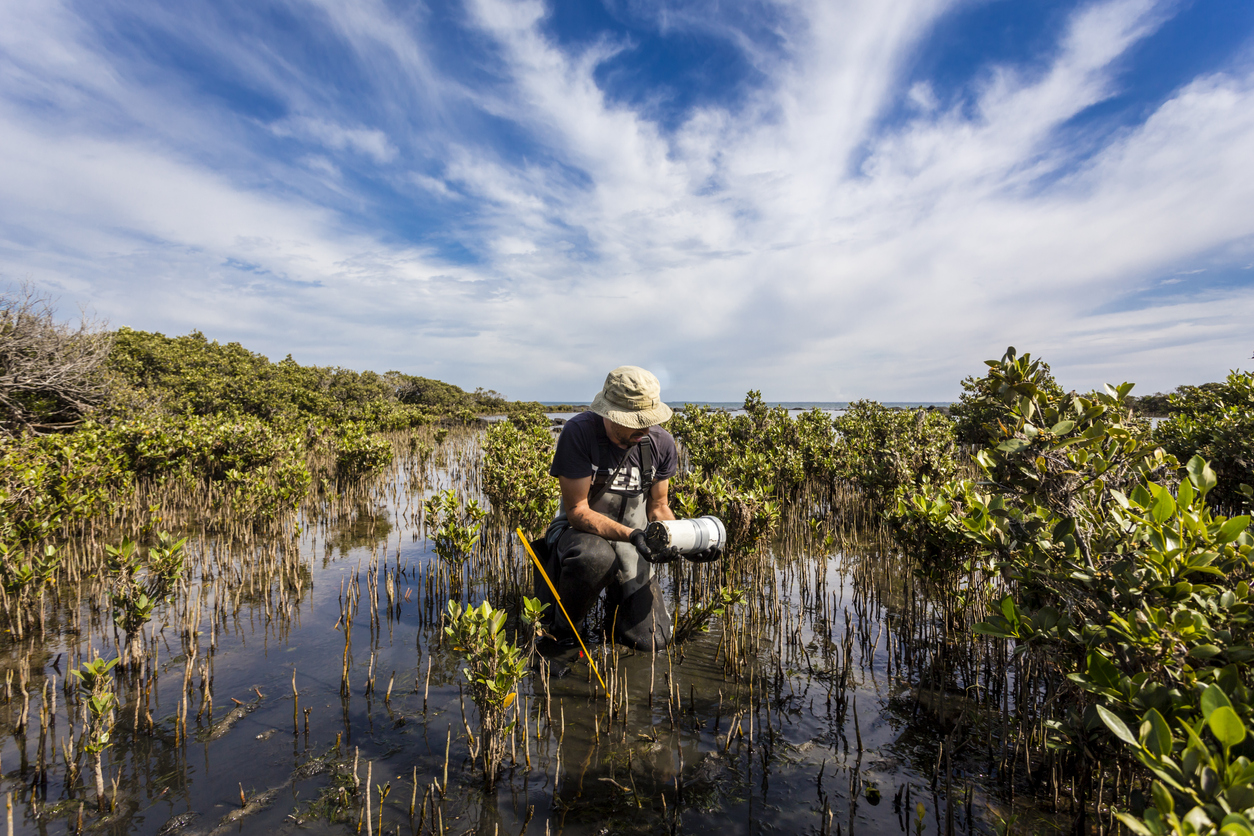
One would think that research about climate issues is one area that people would come together and commit to doing it right – collaboratively, transparently, and without ego.
It involves trillions of dollars in investments over decades and will change the way of life for literally everyone on the planet. Yet, governments are political animals, and history demonstrates that they very rarely get it right. Why? They are terrible at determining “causality.”
In cancer research, we work to unravel the “causality” versus “correlation” questions. We work to clearly understand what is causal because that will lead us to the correct path for treatments, if not cures. Mistaking correlation for causality leads down the wrong path.
In our own work, we have encountered several instances with experts and thought leaders in agreement that certain hypotheses or conclusions were correct when, in fact, they were wrong – but they hadn’t stopped to reconsider their own bias or question each step of their research (read more about the importance of approaching research differently).
As you come across climate change reports and related research, ask a few questions related to the data, analytics, funders, and incentives.
One would think that research about climate issues is one area that people would come together and commit to doing it right – collaboratively, transparently, and without ego.
It involves trillions of dollars in investments over decades and will change the way of life for literally everyone on the planet. Yet, governments are political animals, and history demonstrates that they very rarely get it right. Why? They are terrible at determining “causality.”
In cancer research, we work to unravel the “causality” versus “correlation” questions. We work to clearly understand what is causal because that will lead us to the correct path for treatments, if not cures. Mistaking correlation for causality leads down the wrong path.
In our own work, we have encountered several instances with experts and thought leaders in agreement that certain hypotheses or conclusions were correct when, in fact, they were wrong – but they hadn’t stopped to reconsider their own bias or question each step of their research (read more about the importance of approaching research differently).
As you come across climate change reports and related research, ask a few questions related to the data, analytics, funders, and incentives.
- How many climate models are there?
- Have such models been compared and if they have had differing results, have those differences been explained?
- Who paid for the development of the various climate models?
- Have the data and models/analytics been widely released?
- Have these data and analytics been rigorously interrogated? If so, by whom?
- Have the data been reviewed and integrated to see if the charts and the related starting points have been developed to omit or leave out select data points or times that would cause questions about the trends or conclusions?
- Have there been a review or interrogation of any existent self-interests or conflicts of interest aspects in current or follow-on funding? [Such review should be accomplished by those without self-interest.]
- Have the conclusions been subject to an open dialogue with those that disagree with the conclusions? [Diversity of disciplines, thought, and opinion are good, not bad.]
- Has the causality been unraveled from correlation and are the causal areas irrefutably accurate?
- Have we examined specifically the interests of those that benefit from the proving a given hypothesis?
- Have we examined the research funding interests of those doing the work and how rigorously has this been done?
- Have we examined the geopolitical dynamics interests of those that want to control more than the scope of what they would normally be afforded and what has been the conclusion(s)?
Featured news
Ted’s Take: Errors in formulas and what it means for AI
Spinach is the best source of iron. I’ve understood this for decades now. As I ate more and more healthy foods, I’d choose spinach salads because of the “great” nutritional value, particularly iron.
Ted’s Take: An ounce of prevention
They stay an ounce of the prevention is worth a pound of cure. Isn’t it the truth.
How physicians are paid
Despite a growing need for general practitioners, the Medicare system is not helping with this shortage given the maldistribution of reimbursement between general medical providers and surgeons and other specialists.

Jayne Koskinas Ted Giovanis
Foundation for Health and Policy
PO Box 130
Highland, Maryland 20777
Media contact: 202.548.0133


